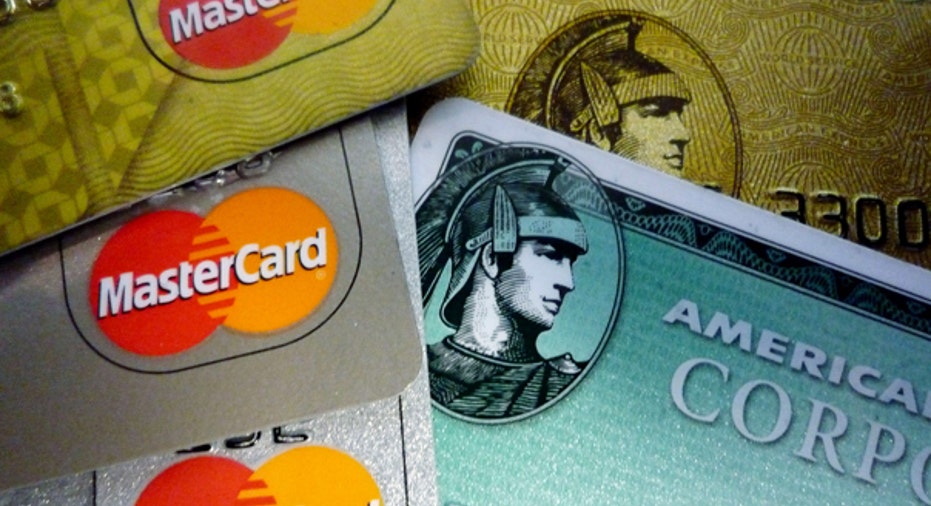Credit Cards for New College Grads

Congratulations! You made it through four years of college (or however many it took) and are ready to take on the world. You have a degree, confidence, and a job (your parents hope) — but do you have credit?
Since the Credit Card Accountability, Responsibility, and Disclosure Act (CARD Act) went into effect six years ago, it has been much harder for college students to get credit. Credit card issuers cannot issue cards to anyone under age 21 unless the cardholder has an adult co-signer or can show proof of enough income to pay back a certain level of debt.
As a recent college graduate, you are likely to have little credit history established — which makes it harder for you to get car loans and mortgages and may cause some concern to potential landlords or even employers. We have compiled a few credit cards that are considered well suited for the new graduate.
- Capital One® Secured MasterCard® – A great "training" card, it is partially secured (meaning you can spend to some extent beyond your security deposit amount) and is easier to get with questionable credit or no credit history at all. It is transparent with the fee structure and has no annual fee for use. Use of this card is also reported to the credit bureaus, allowing you to build up a positive history and switch to a better card when you qualify.
- Capital One Platinum Credit Card – If you have no credit history instead of a poor one, you can opt for the Capital One Platinum card — one of the few cards that does not require either a security deposit or an established credit history. The first year annual fee is waived and it is $19 per year thereafter.
- BarclayCard Rewards MasterCard – If your credit score is not established or questionable but you would like a rewards card, consider the BarclayCard Rewards Card. You can get free FICO credit scores, 2% rewards on spending for utilities, groceries, and gas, and 1% back on all other purchases.
- Chase Slate® – If you have debt to transfer, this card allows an introductory fifteen-month period of 0% interest on both balance transfers and new purchases. There is no annual fee.
- Capital One Quicksilver® Cash Rewards Credit Card – With enough of a credit history to qualify, this card is an excellent choice. Features include no annual fee, 1.5% cash back on all purchases with an initial spending bonus ($100 back if you spend $500 in the first three months), eight months with 0% on new purchases, and Uber ride credits (temporary offer).
- Citi® Double Cash – This card offers 2% cash back on all purchases, split between 1% when you purchase and 1% for on-time payment. It serves as yet another incentive to pay your bills on time.
If you are over 21 but still in school, and have an active .edu email address, that opens up a wide variety of other student-directed cards. Capital One offers the Journey® Student Rewards card with a generous cash back bonus for paying bills on time. Bank of America offers a line of BankAmericard products with cash rewards, travel rewards, or introductory 0% interest.
Make sure you carefully read the details of any offer. New credit card users can be caught unaware by the expiration of temporary offers and how large the post-expiration interest rate can be.
Whichever card you choose, it is important to use it wisely or you will be worse off than if you had no card at all. As much as possible, try to limit your credit purchases to what you can payoff at the end of the month. Whatever you do, do not miss a scheduled payment. Even paying the minimum and dealing with the interest charges is preferable to the lingering credit score hit you will take from a missed payment.
More from MoneyTips.com:Credit Cards for Kids 101Getting Your First Credit CardU.S. Proposes Rules for College Prepaid Credit & Debit Cards



















